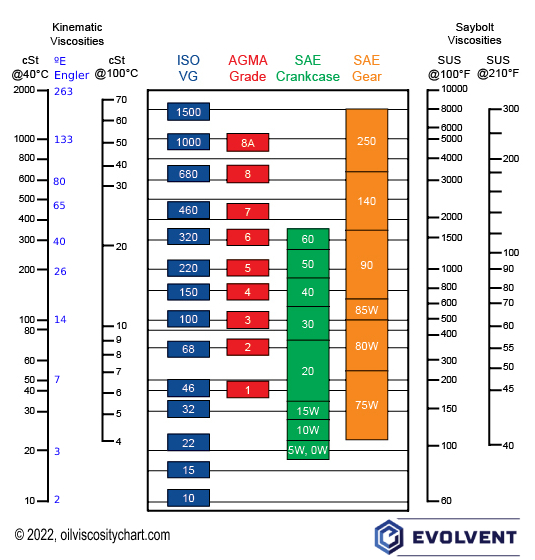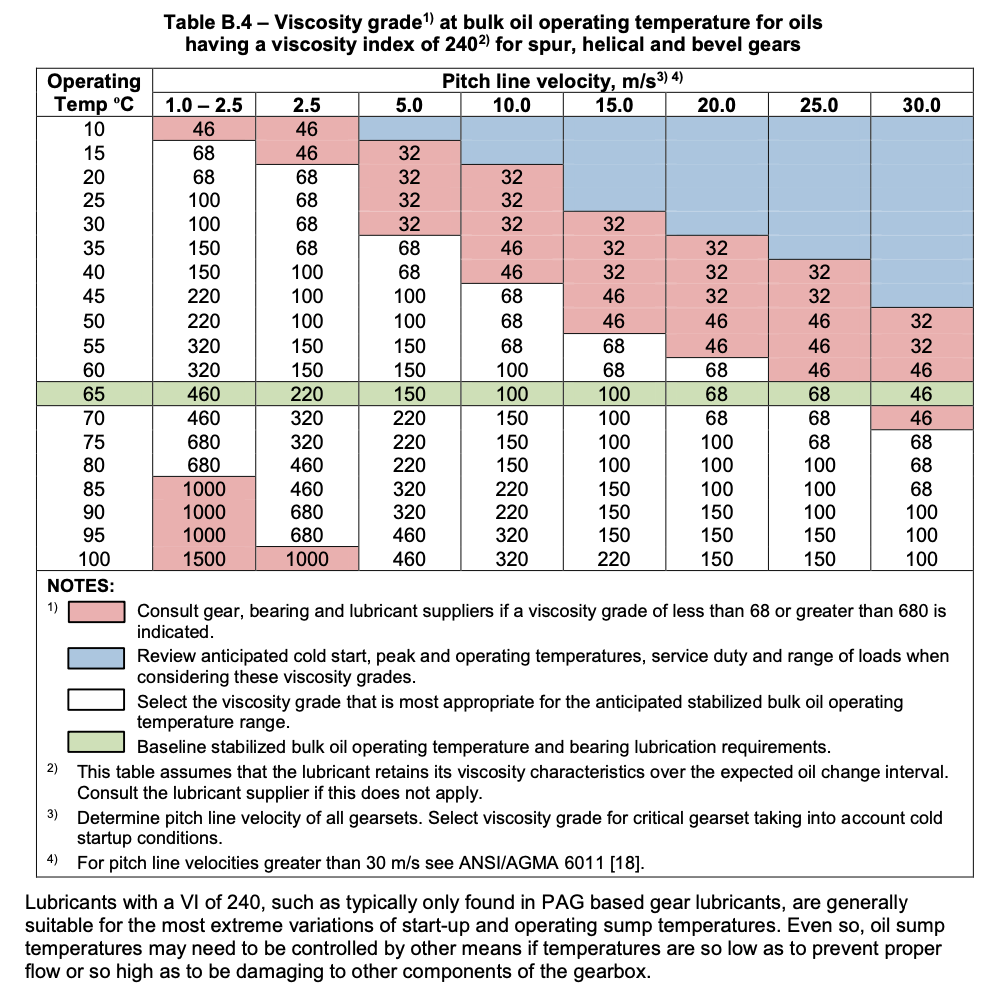

Depending on what you read or whom you listen to, you might receive conflicting advice. While this appears to be a straightforward question, more than one answer may apply. How Often Should Oil in High Mileage Engines Be Changed? Several studies have shown promise with this approach, but more research is still needed to determine the best way to stabilize these nanoparticles in oil suspensions. Most of these additives are intended to minimize the asperities on metal surfaces by filling those microscopic valleys and creating smoother mechanical surfaces. When it comes to the difference between high mileage and “normal” engine oils, marketing plays a big factor, as certain additives on the market come with all sorts of claims. Safety data sheets typically only identify a range of additive percentages, and all the additives may not even be included if they are inert. Motor oil formulations are treated as trade secrets, so obtaining specific additive amounts and quantities can be nearly impossible. The concentration of additives most likely is the primary distinction. Even with high mileage oils, the additives don’t seem to vary much at all. Since most additive packages appear to be quite similar, it can be difficult to distinguish any real differences between many engine oils.

For the average driver, anything over 100,000 miles could safely be considered a high mileage vehicle. Some people might consider switching to a high mileage oil at 200,000 miles, while others may want to change to a high mileage oil at 80,000 miles. It all depends on how the vehicle has been driven and maintained. So, an engine with 80,000 miles may have as much wear as an engine with 150,000 miles. The engine can also reach a steady temperature and operate at peak efficiency for a long period of time.Ĭity driving is just the opposite. Highway miles have fewer starts and stops. It is commonly understood that highway miles are less taxing on an engine than city miles, and research seems to support this. With the technology available today, standard road vehicles can last up to 300,000 miles or even 400,000 miles. There are no definitive guidelines on what should be considered high mileage. Just don’t think that a high mileage oil will be a “silver bullet” for mechanical wear in your engine. On the other hand, if you have a high mileage vehicle that has been well maintained and are attempting to mitigate more engine wear with realistic expectations, a high mileage engine oil might be the right choice for you. These types of issues are not something a high mileage oil will fix. If you are experiencing blowby, loss of power, cylinder slap, strange noises, etc., you likely are having mechanical failures that should be addressed. When to switch is ultimately your decision to make, but you should educate yourself to make the best determination. Most high mileage oils are formulated to benefit vehicles with 75,000 miles or more. Many high mileage motor oils include detergents and claim they are are designed to remove sludge from engines. This can result in lower oil consumption. In some cases, older valve-guide seals in engines may have reduced seepage. How do they work? High mileage oils contain seal conditioners and additives that cause o-rings, gaskets and seals to swell. This has the potential to reduce oil spots in your driveway and on burning oil in older engines. It's possible that after an oil change or two, the leaking could stop. High mileage oils contain additives and seal enhancers that reduce leaks (both internal and external). The goal of this article is to answer as many questions about high mileage oil as possible. The problem is that there would be very little information on what makes oil “high mileage,” when it should be used or even what the differences are in the various brands and options. You likely would see advertisements, price options, a few dozen brands to choose from and thousands of forum posts. If you searched the internet for “high mileage oil,” you would find more than 66 million results. Not sure if you need a high mileage oil in your vehicle? You aren’t alone.


 0 kommentar(er)
0 kommentar(er)
